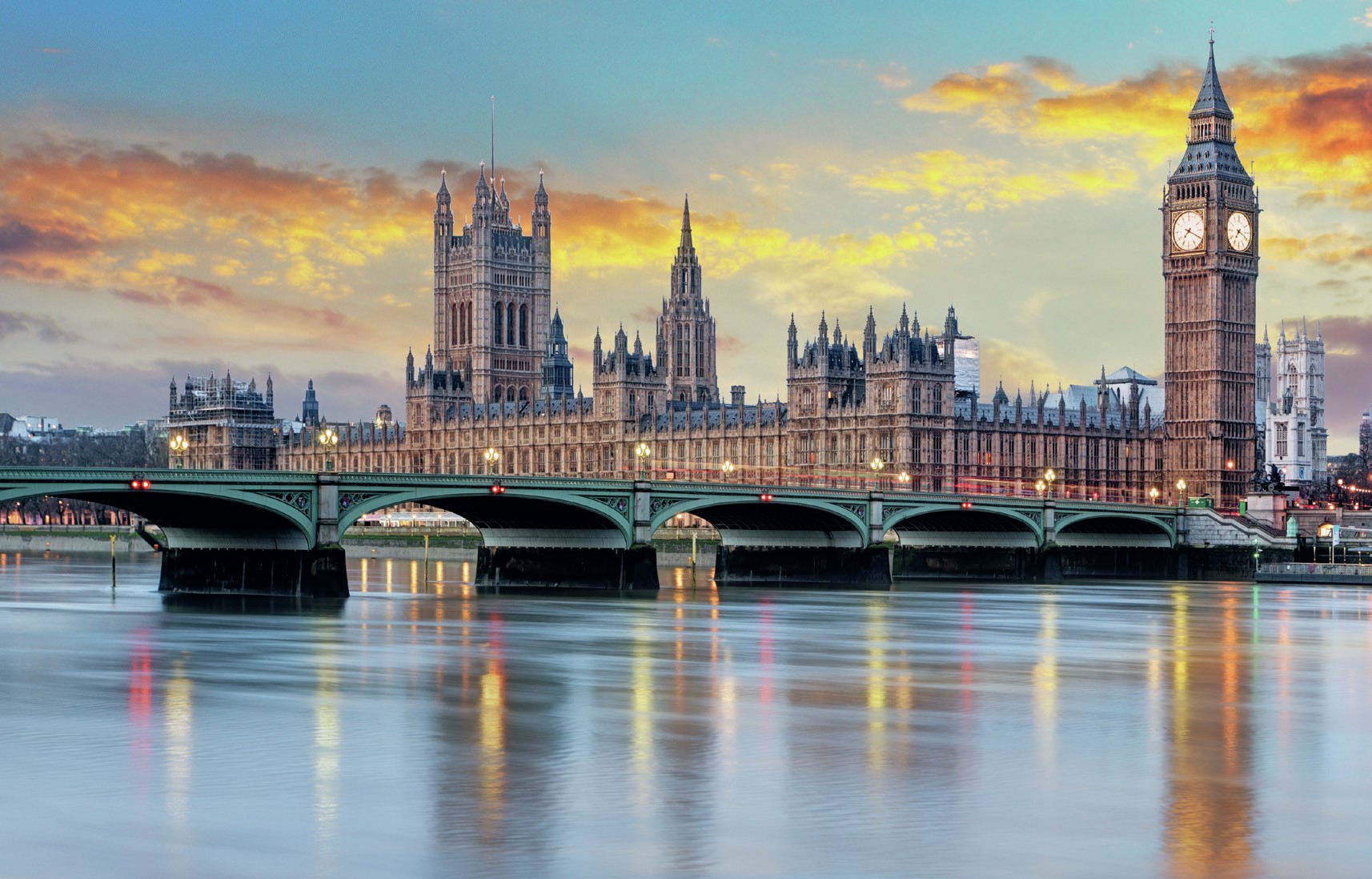
In 2022 the House of Lords voted against 14 amendments in the government’s Police, Crime, Sentencing and Courts Bill. The Lords had defeated a further five amendments on the same bill only days earlier. The government was hoping to pass tough laws in response to disruptive protests by groups such as Extinction Rebellion and Just Stop Oil, but at the time it looked as if the bill might not be the success the government hoped for, because of the stiff resistance in the Lords. The defeated amendments could not be returned to the Commons.
For the process to work, both houses have to agree on the bill’s final wording before it can receive royal assent – requiring more debating, more voting and more parliamentary time. To an outsider, far from being all-powerful, the elected House of Commons appeared to need the cooperation of the unelected House of Lords. What is this curious relationship whereby the House of Lords can resist the democratic legitimacy of the House of Commons?
Your organisation does not have access to this article.
Sign up today to give your students the edge they need to achieve their best grades with subject expertise
Subscribe



